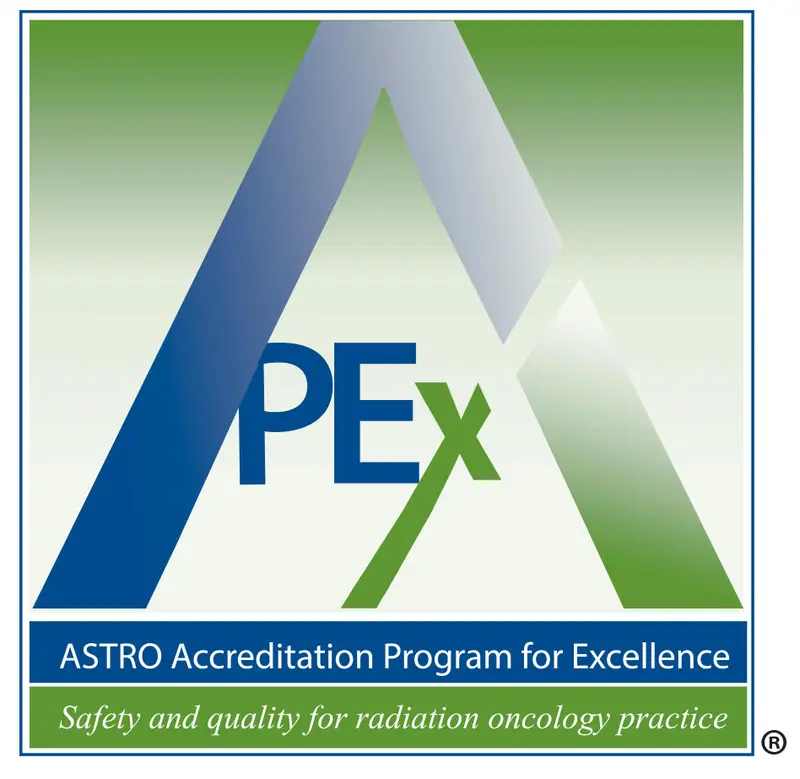The treatment paradigm for colorectal cancer is continuously evolving towards more personalized treatment plans. With more research conducted over the past decade, we are transitioning away from a one-size-fits-all approach to more individualized treatments for all stages of colorectal cancer.
Early and Locally Advanced Colon Cancer:
Upfront surgery remains the mainstay of treatment. Treatment after surgery (adjuvant therapy) remains individualized, based on surgical staging as well as the patient’s medical co-morbidities. Currently, blood-based assays with circulating tumor DNA are being studied to assist in adjuvant therapy decision-making.
Early and Locally Advanced Rectal Cancer:
The treatment paradigm has undergone significant changes. Although the mainstay of treatment still involves a multidisciplinary approach which includes the use of combination chemotherapy, radiation, and surgery, we have also identified subsets of patients who may be able to omit the use of chemotherapy, radiation, or surgery.
A subset of patients with locally advanced rectal cancers who have DNA changes known as microsatellite instability may be able to receive immunotherapy instead of chemotherapy, as discussed in a New York Times article.
Some patients with early-stage rectal cancer who receive a combination of chemotherapy and radiation upfront may achieve a clinical complete response after the initial therapy. These patients may go on watch-and-wait surveillance instead of surgery. While the watch-and-wait surveillance requires close follow-ups and frequent monitoring, this allows many of our patients to avoid toxicities associated with surgery, such as significant bowel changes or surgical complications.
For certain patients with locally advanced rectal cancer, it may be possible to avoid receiving pelvic radiation, as reported in the ASCO Post article. This is particularly important for individuals who wish to preserve their fertility and minimize sexual adverse effects.
Metastatic or Stage IV Colorectal Cancer:
Stage IV colorectal cancer means that the cancer cells have spread to other organs in the body. Often, cancer spreads throughout the body, making it nearly impossible to cure. However, some patients may have cancer spread to a few isolated locations in the body. We call this oligometastatic disease. Sometimes, we can perform surgeries or radiation to these isolated locations in the body to aim for potential cure or long-term remission. Recent studies have shown that treating the oligometastatic sites can lead to prolonged survival benefits for these patients.
Along with other cancer types, it is becoming increasingly important to perform next-generation sequencing to identify DNA changes and target these specifically. We have made significant progress in these areas, including:
- Immunotherapy for microsatellite instability and/or high tumor mutation burden
- Targeted therapies for BRAF V600E mutation, KRAS G12C mutation, Her2 amplification, NTRK gene fusion, RET gene fusion
- Clinical trials at Virginia Cancer Specialists for other mutations
Prevention – Still Better Than a Cure:
Colorectal cancer is one of the most preventable cancers. We strongly recommend colon cancer screening. The American Cancer Society recommends screening for those at average risk starting at the age of 45. The US Preventive Services Task Force has also recently lowered the screening age to 45 (Category B). For more information, please click here (I will link this to the blog Post on colon cancer prevention).















